Arthritis encompasses conditions affecting joints and surrounding tissues, leading to symptoms like pain, swelling, stiffness, and reduced joint mobility. While various causes can lead to arthritis, the primary goal of treatment is to alleviate symptoms and improve quality of life.
Taking Complete Rest: While it's essential to give your body adequate rest, remaining inactive can exacerbate symptoms like stiffness and pain. Balance is key.
Engaging in the Wrong Exercises: Overexerting the affected joint can intensify the pain. It's crucial to get a proper diagnosis and follow a tailored exercise regimen. Remember, there are various types of arthritis, and each requires a unique treatment approach.
Consuming Inflammatory Foods: Certain foods can aggravate arthritis symptoms. Be cautious with fried and processed foods, sugar, refined carbs, red meat, and excessive egg consumption.
Waiting for a Miracle: The most detrimental mistake is inaction. Don't just hope for spontaneous recovery; proactively seek medical advice.
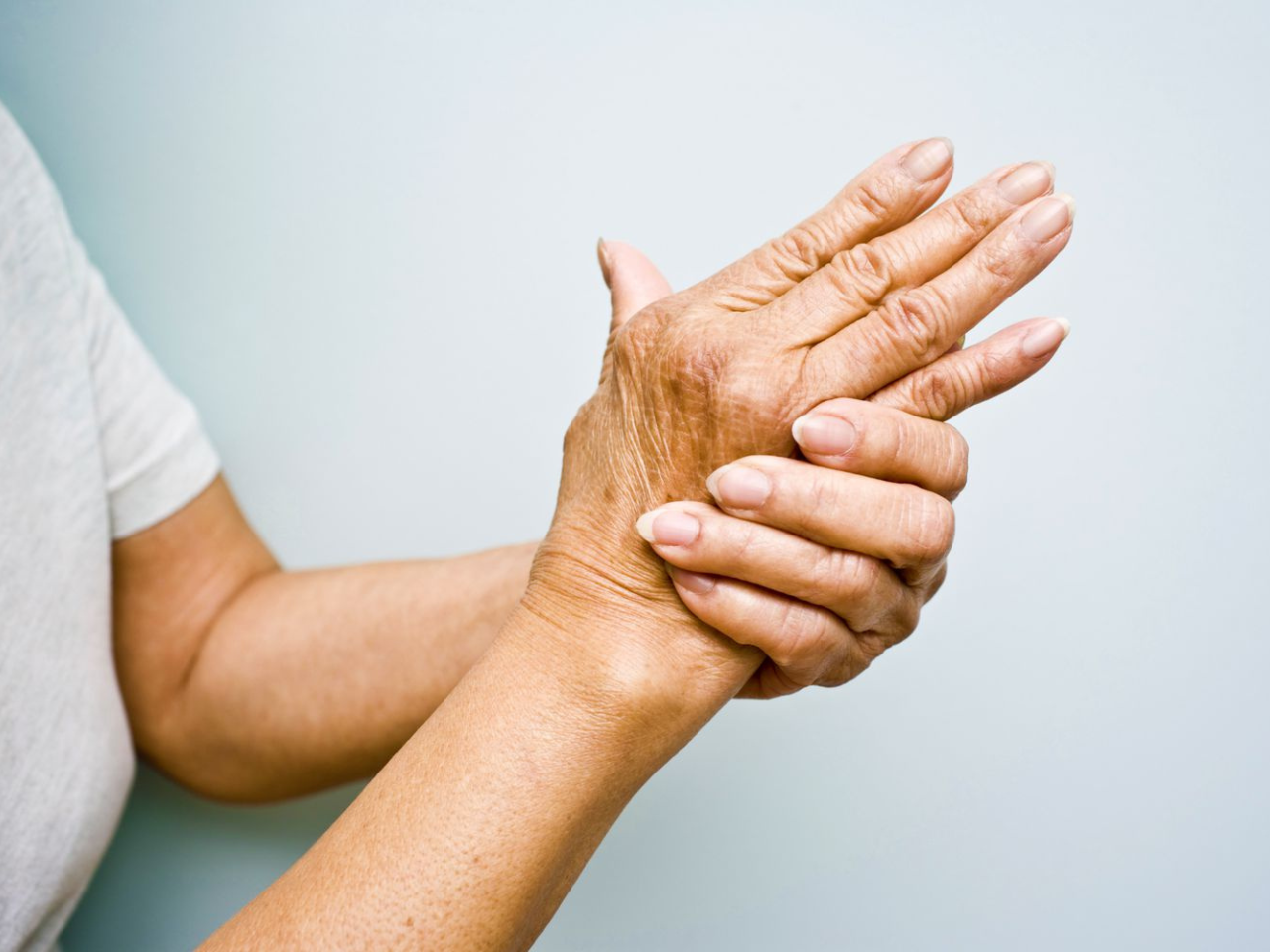
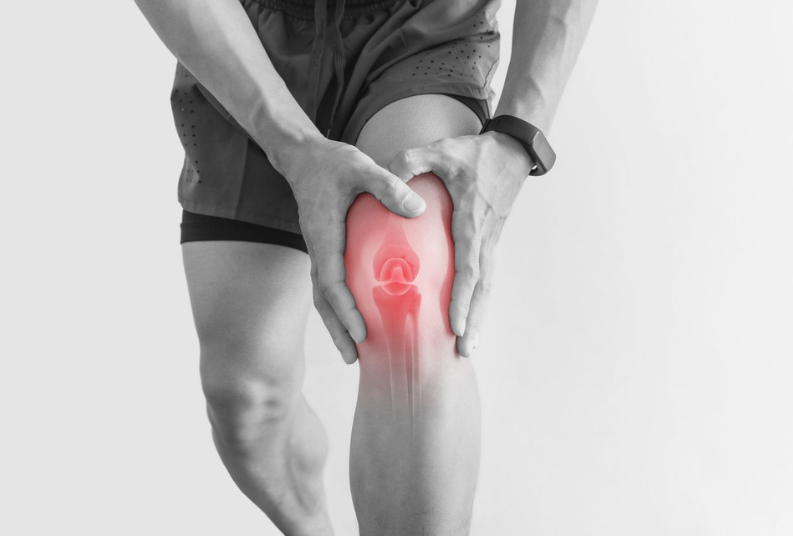
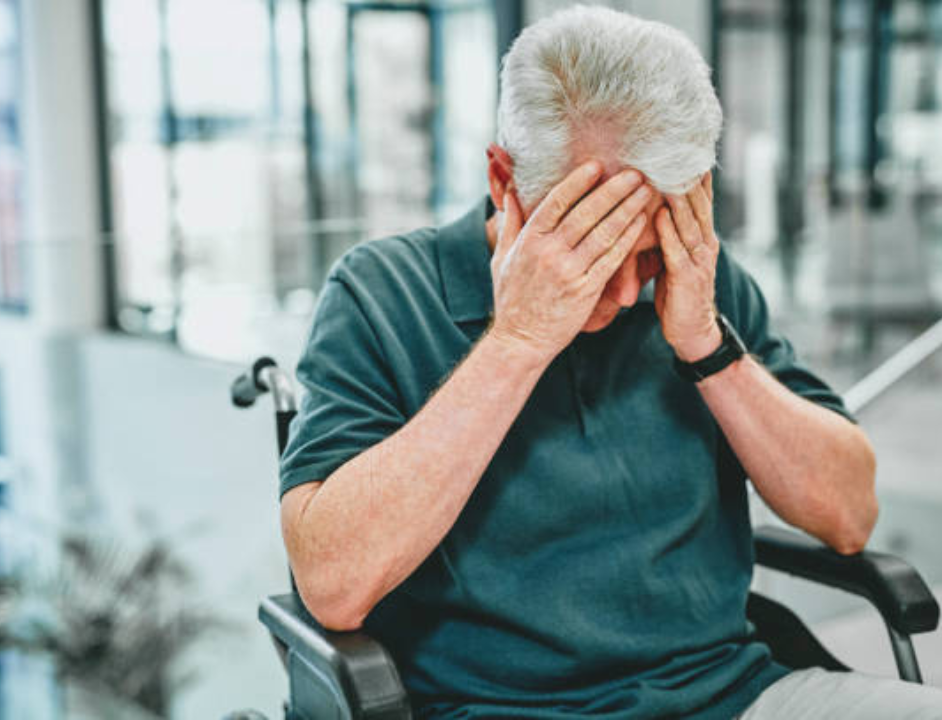
This is the most prevalent form of arthritis. It primarily results from the wear and tear of cartilage, the cushioning tissue between the bones in a joint. As the cartilage deteriorates, bones begin to rub against each other, leading to pain, swelling, and reduced mobility. Factors like age, obesity, and joint overuse can accelerate this wear and tear.
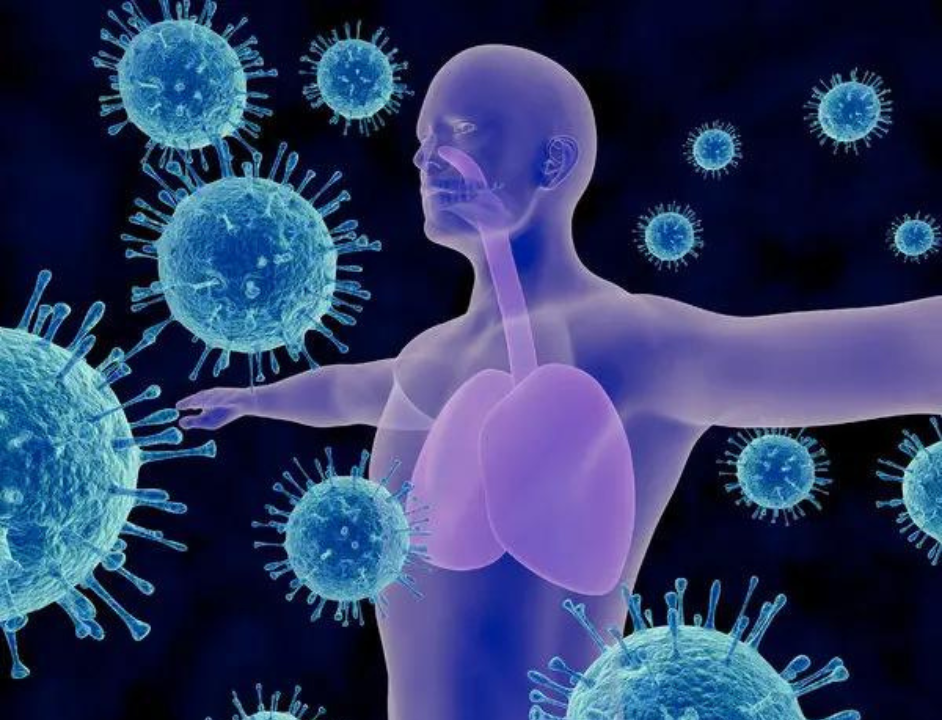
This is an autoimmune disorder, meaning the body's immune system mistakenly targets its tissues. In the case of rheumatoid arthritis, the immune system attacks the synovium, the lining of the membranes surrounding the joints. This results in inflammation that can eventually erode bone and cartilage within the joint. The exact cause of this immune system malfunction isn't fully understood, but it's believed that a combination of genetics and environmental factors may trigger the condition.
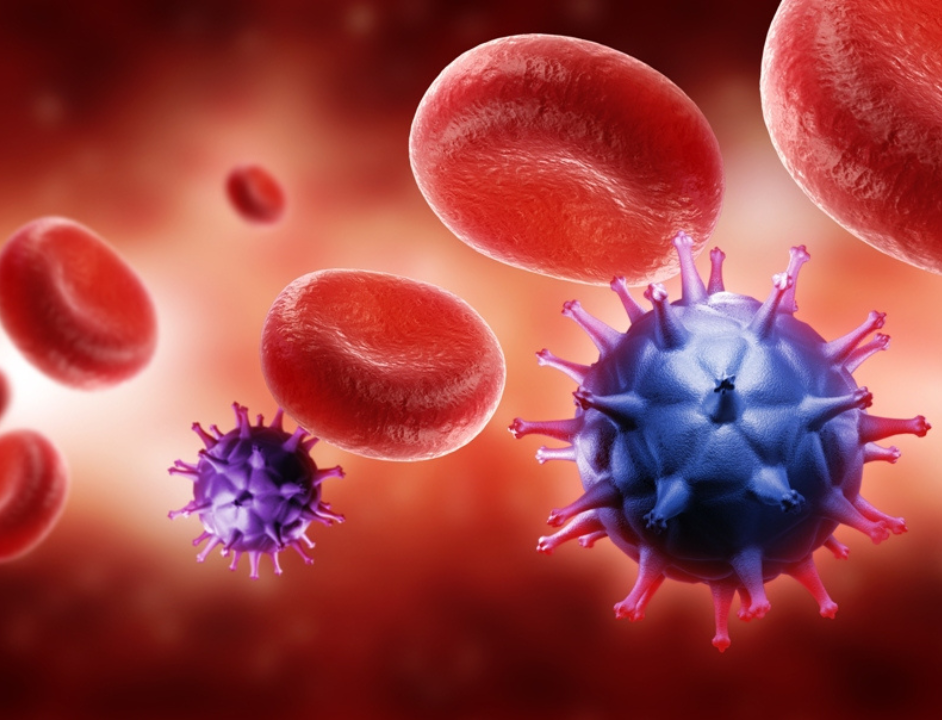
Certain microbial agents, such as bacteria, viruses, or fungi, can infect joints and lead to a form of arthritis known as infectious or septic arthritis. This condition is most commonly caused by bacteria that spread through the bloodstream from another area of the body, like the skin or the respiratory tract. Early detection and treatment are crucial to prevent joint damage.
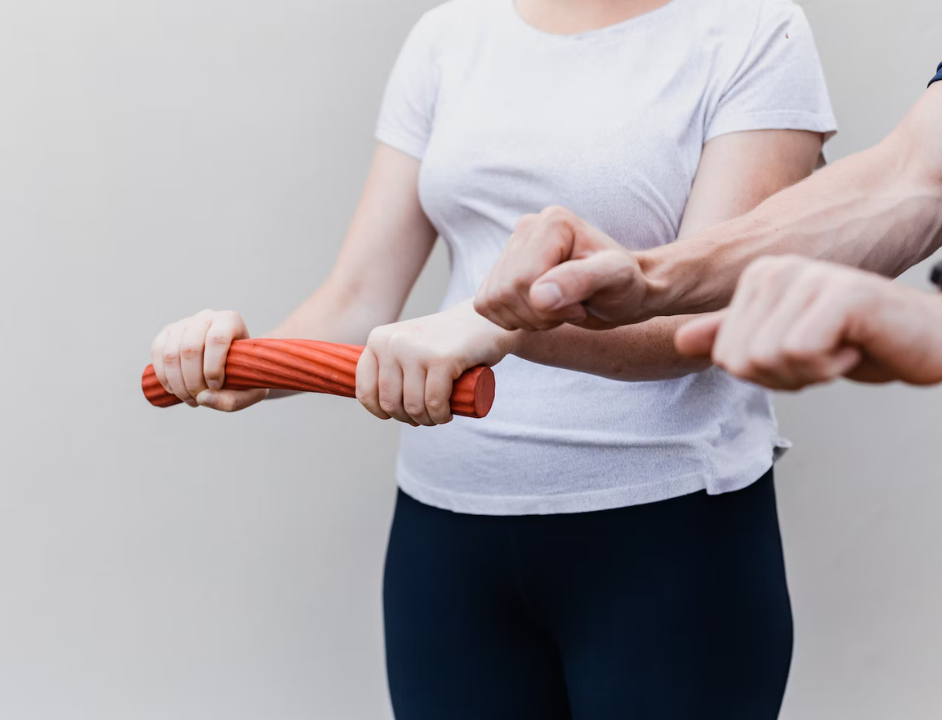
This form of arthritis develops following a joint injury, such as a fracture, ligament tear, or severe sprain. The injury can damage the cartilage and the bone, altering the mechanics of the joint and making it wear out more quickly. Symptoms might appear years after the trauma.

Certain types of arthritis have a hereditary component. If members of your family have arthritis, you may be at an increased risk of developing the condition. Genetic factors can make individuals more susceptible, but environmental triggers, like infections or injuries, often play a role in the onset of the disease.
Medication: Depending on the type of arthritis, medications can relieve pain, reduce inflammation, and/or slow joint damage.
Physical Therapy: Involves exercises that help strengthen the muscles around the affected joint.
Lifestyle Changes: Weight loss and exercise can reduce pressure on joints, alleviate pain, and improve joint function.
Surgical Procedures: In severe cases, joint repair, joint replacement, or joint fusion might be necessary.
If you or a loved one might be suffering from arthritis, don't hesitate. Speak to our expert professionals today.
Call us at 033 2281 7881.
Early diagnosis and prompt treatment are the cornerstones of a swift recovery!